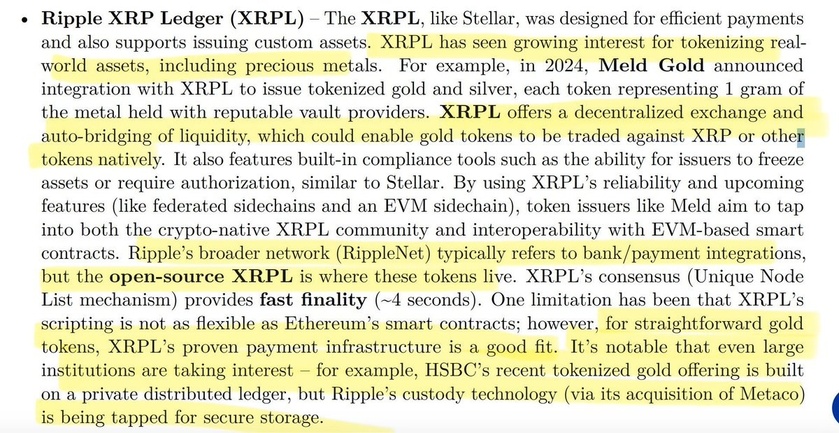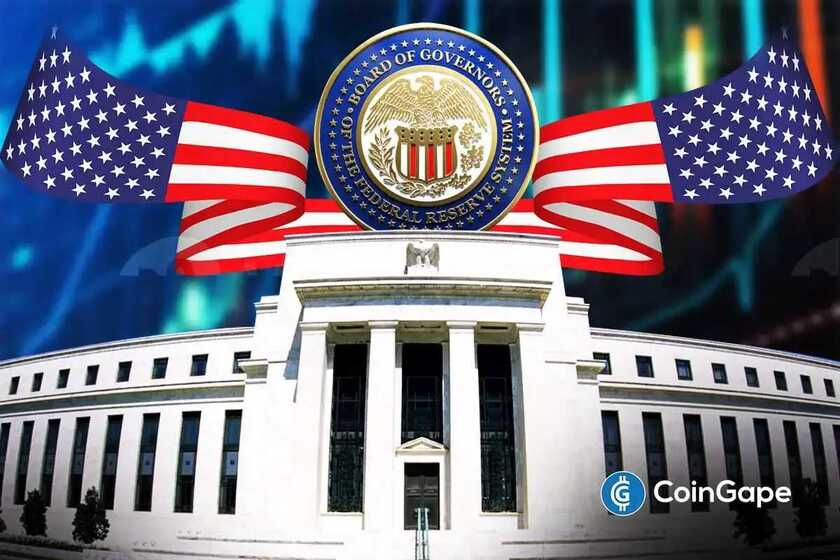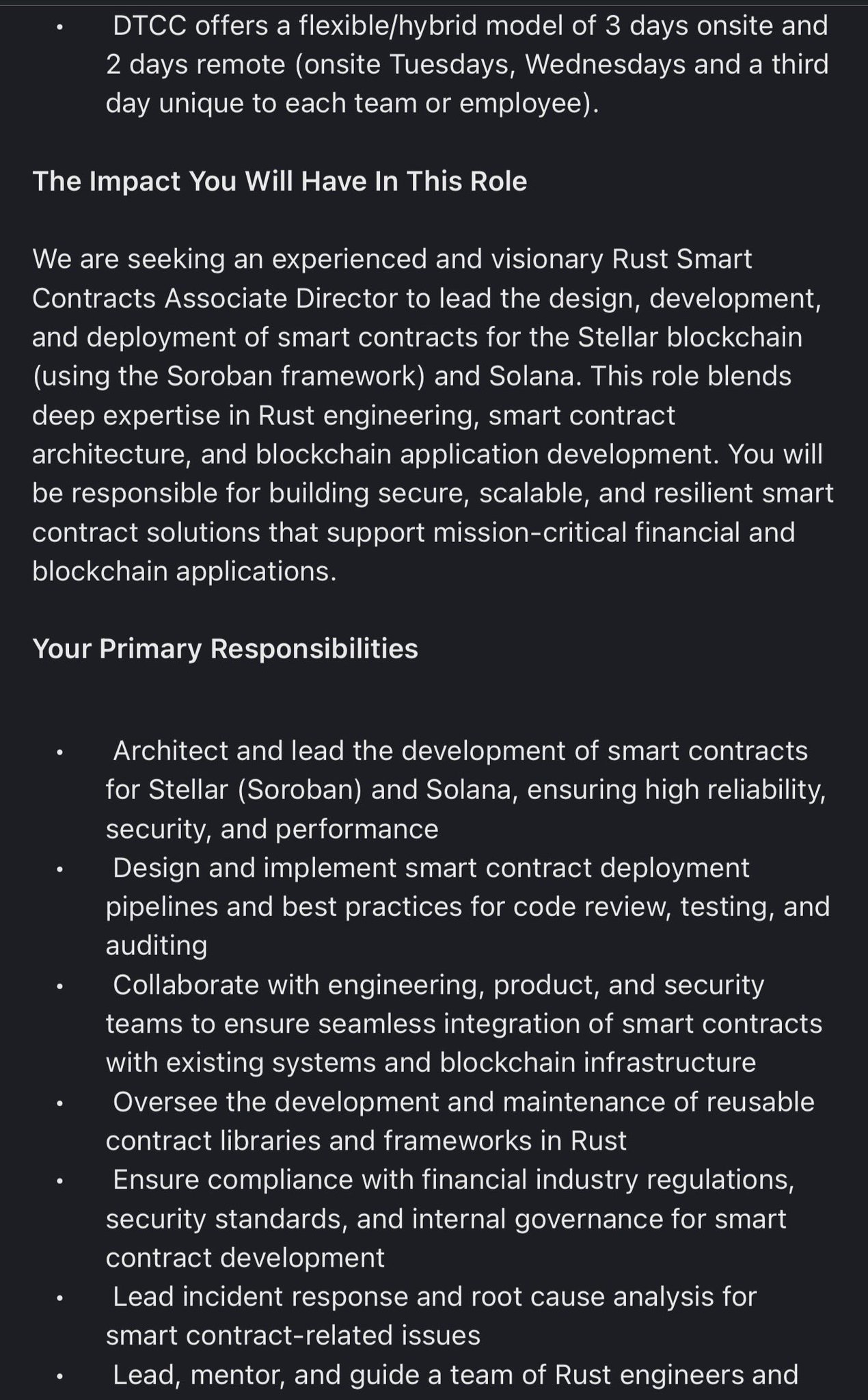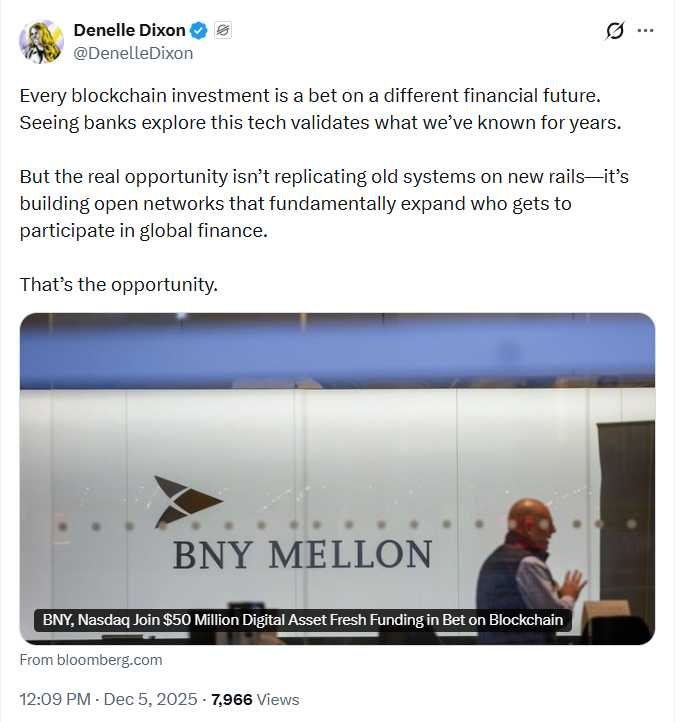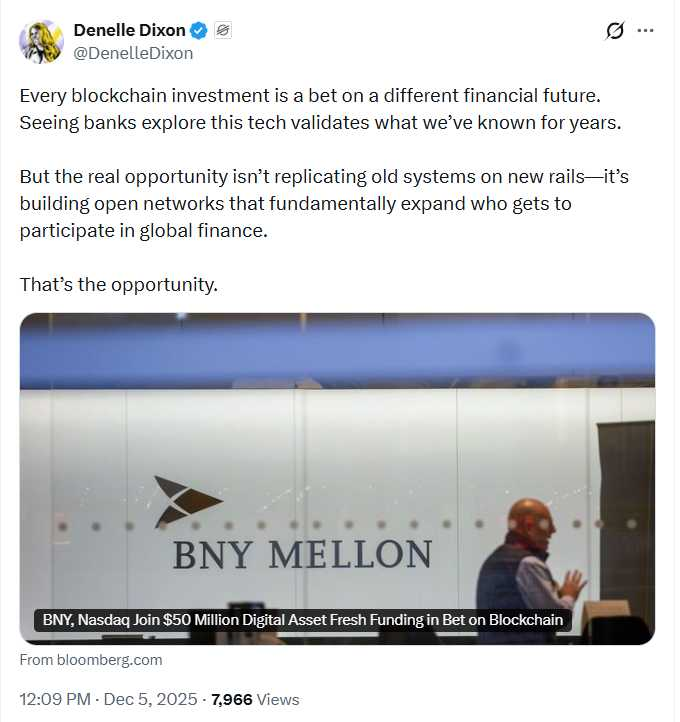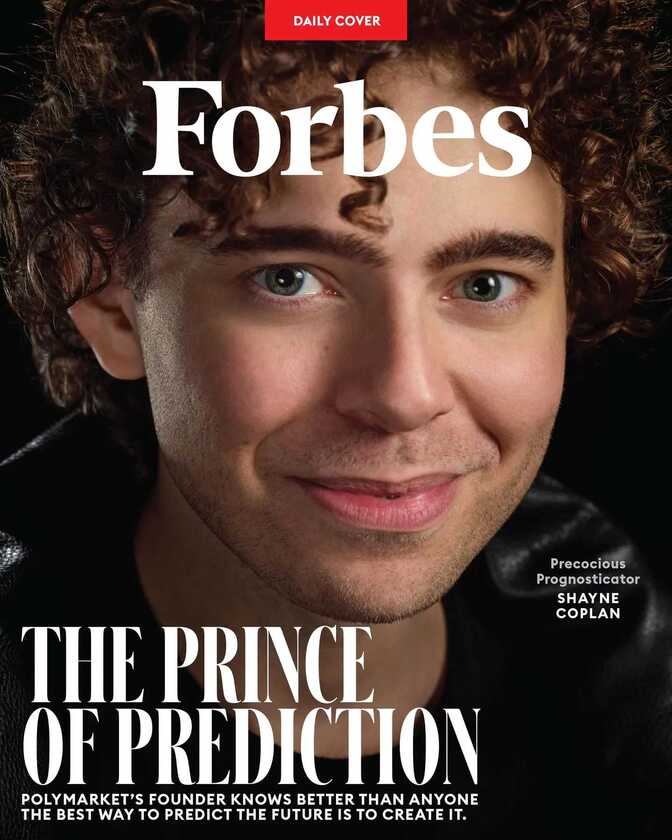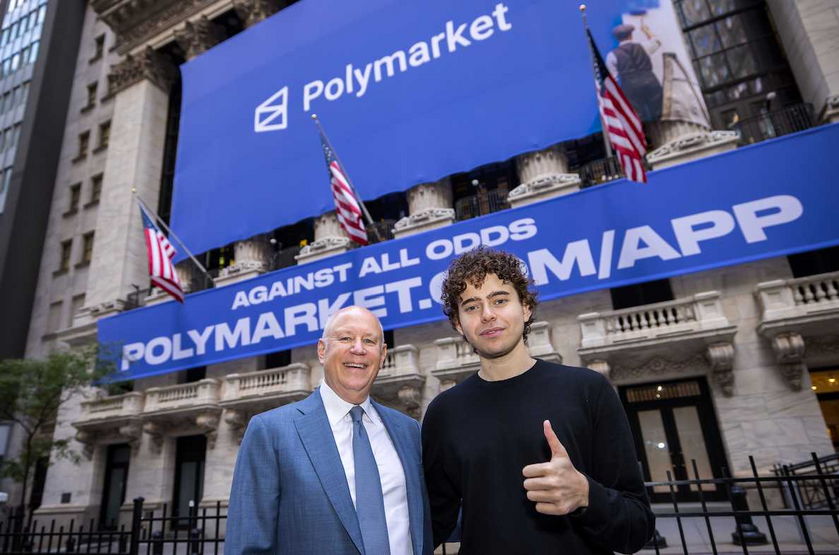A Backdoor Regulatory Option Haunts U.S. Crypto
If all else fails with Plan A for setting up stablecoin rules with legislation, the industry's Republican allies in Washington have revealed their worry the Federal Reserve could step in.
After the 2008 global financial meltdown, Congress set up a round table of regulators who could wield a unique tool against the next emerging threats.
The Financial Stability Oversight Council (FSOC) can tag companies with systemic-risk labels that saddle them with tremendous new restrictions, and the crypto sector has the council's attention.
In November, the FSOC – a collection of the heads of the U.S. Department of the Treasury, Federal Reserve, Securities and Exchange Commission and other agencies – erased some key changes from the Trump era that had neutered the council's power to designate companies as threats. It's now back in full effect, even if the authority has long remained dormant.
At any time, the council could decide that one of the giants in the digital assets sphere – say, a stablecoin issuer such as Circle – could wound the wider financial system in the event of a failure, something akin to American International Group Inc.'s role in the mortgage collapse of 2008. When the FSOC affixes that tag on a business, it becomes a regulatory ward of the Fed, subjected to a number of compliance demands and supervision.
So far, there's no sign such a move is coming, but the council has been warning of stablecoins' emerging dangers to financial stability, and congressional Republicans finally brought this potentially into the public in a subcommittee hearing this month. As most of the digital assets industry was glued to news of the spot bitcoin exchange-traded funds (ETFs), lawmakers on the House Financial Services Committee asked pointed questions about exactly what the uber regulator has in mind for crypto.
"FSOC needs to tread very carefully when entertaining the idea of sidestepping Congress and congressional intent," said the Rep. French Hill (R-Ark.), the chairman of the digital-assets subcommittee, who underlined the legislative work he and other lawmakers have been doing to shepherd crypto bills toward the House floor.
"We've crafted a regulatory framework for digital assets, and we've crafted a regulatory regime for stablecoins," he said. "We don't need FSOC to be involved in that. What they need to do is support our legislative effort."
Warnings
The systemic-risk watchdog's most recent mention of virtual assets came in its annual report last month, which again highlighted crypto as a potential emerging hazard to the health of U.S. finance. The regulators are especially concerned over stablecoins, the tokens matched to the value of steady assets such as the U.S. dollar, which are generally used as a means to buy and sell volatile digital assets. On the surface, the council's calls for crypto legislation seem supportive of lawmakers' aims. But the report again added a kind of warning. "The council remains prepared to consider steps available to it to address risks related to stablecoins in the event comprehensive legislation is not enacted," it said. Basically: If you don't act soon, we may.
Despite the warning, one of those testifying at the hearing, Ji Kim, the general counsel and head of global policy for the Crypto Council for Innovation, told CoinDesk it's still unlikely that FSOC might wield this tool.
"It would certainly be surprising for that to happen, since FSOC designation is deliberately a very high bar, which is meant for risks of great magnitude," he said. The council's members have granted that the current crypto sector "does not rise to the level of being a systemic risk."
Bill Hulse, senior vice president of the U.S. Chamber of Commerce's Center for Capital Markets Competitiveness, suggested at the hearing that the council may be threatening Congress with potential risk designations as leverage to get its way on how the bills are written. But he contended that 2022 – with its massive industry failures that included the collapse of FTX – neatly demonstrated there's no case to be made that the crypto sector can significantly shake the rest of the country's financial plumbing.
"None of these failures – including instances of fraud and other breaches of consumer trust – had a material effect on the 'traditional financial system,'" he said in his testimony.
The FSOC has a spotty track record and is famously sluggish, because a long list of agency heads with very different interests must agree on the actions the council takes. In the beginning, it roped in several large insurers, including AIG, but all four of the companies it initially designated have since exited. In the intervening years, it's focused largely on its annual report that flags ongoing concerns.
Lawmakers and Paul Kupiec, a senior fellow at the American Enterprise Institute, noted at the hearing that the group of regulators recently failed to head off one of the most serious financial crises since the mortgage meltdown. When institutions such as Silvergate Bank and Signature Bank started tanking – in part due to reliance on crypto-industry deposits – the council had done nothing to prevent it.
Federal banking agencies whose chiefs are on the FSOC "fell short on their efforts to supervise banks that had significant business relationships with the digital asset industry," Kupiec noted. "They did not use their prompt corrective action powers to mitigate the risks generated by the banks’ investment decisions and the digital business relationships."
To bring a crypto firm under Fed supervision, the council would have to go through a lengthy, multi-stage process that it's never used on any companies other than those implicated in dangers during the 2008 crisis. Designating a crypto firm as risky might also open the council to questions about why it hasn't targeted a giant U.S. asset manager.
For now, Republican lawmakers seem to be laying down their own warning that the administration will hear from them again if the FSOC goes down that road.
https://www.coindesk.com/policy/2024/01/29/a-backdoor-regulatory-option-haunts-us-crypto/





